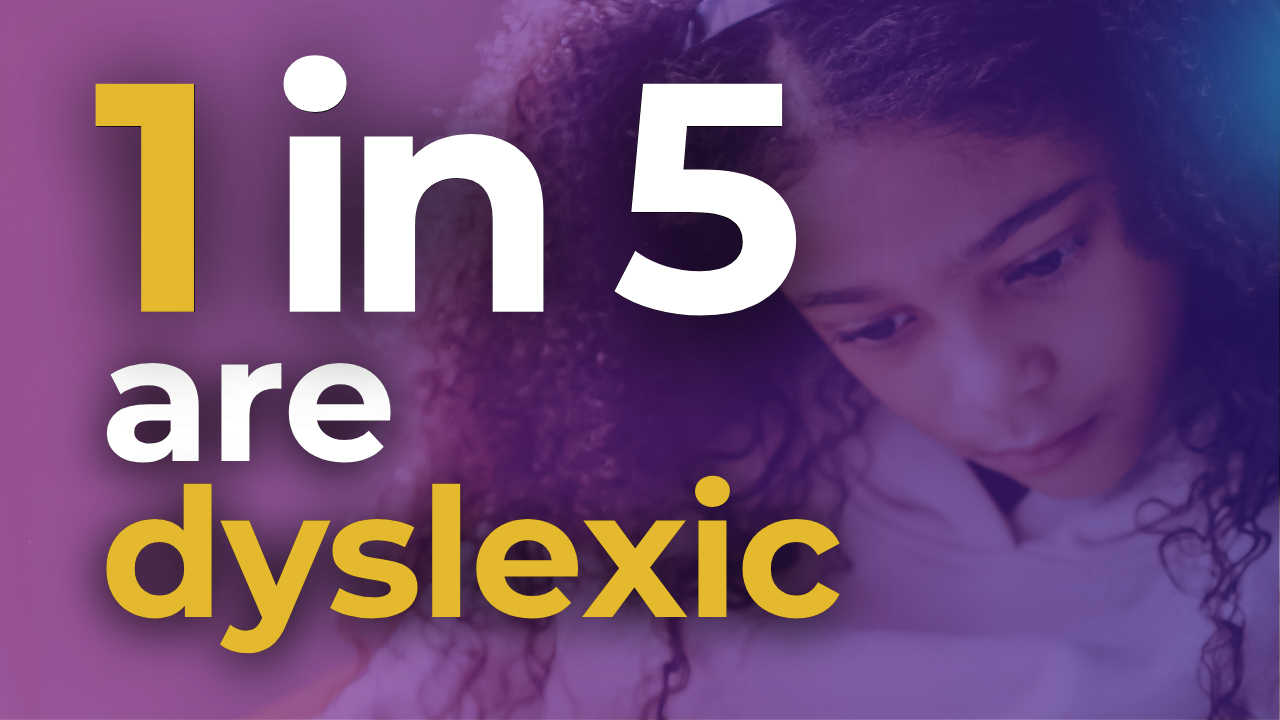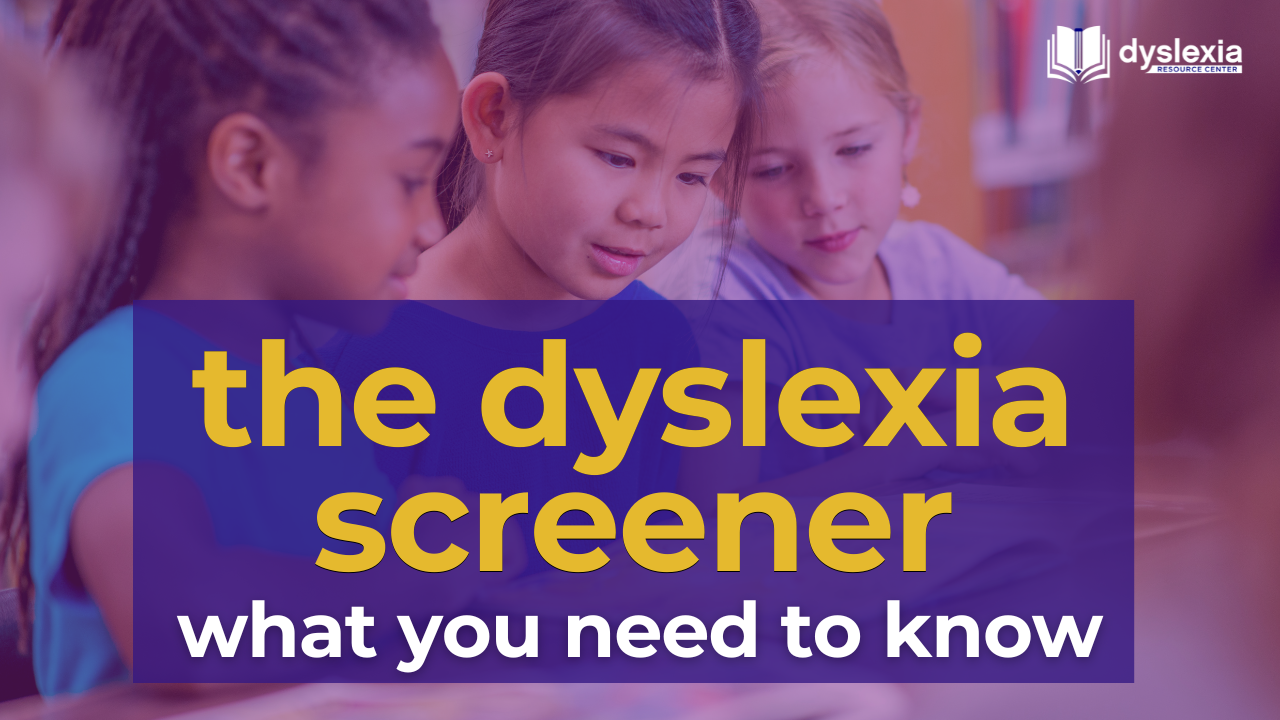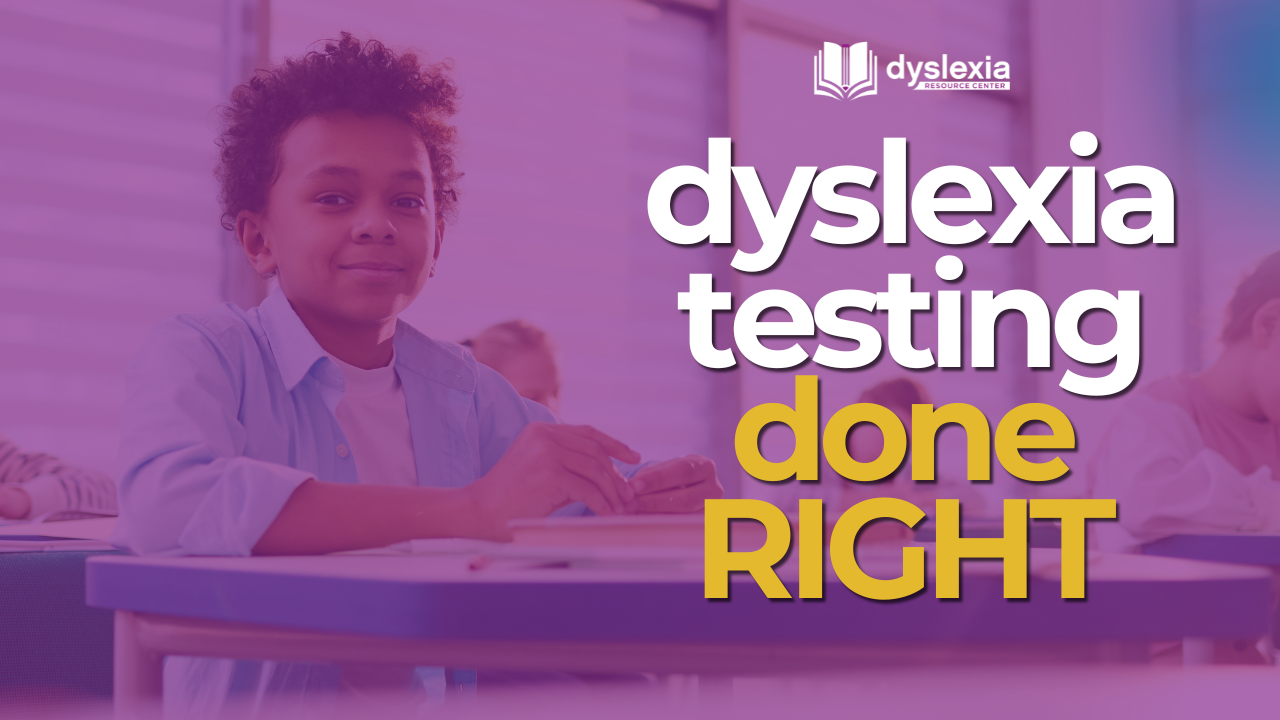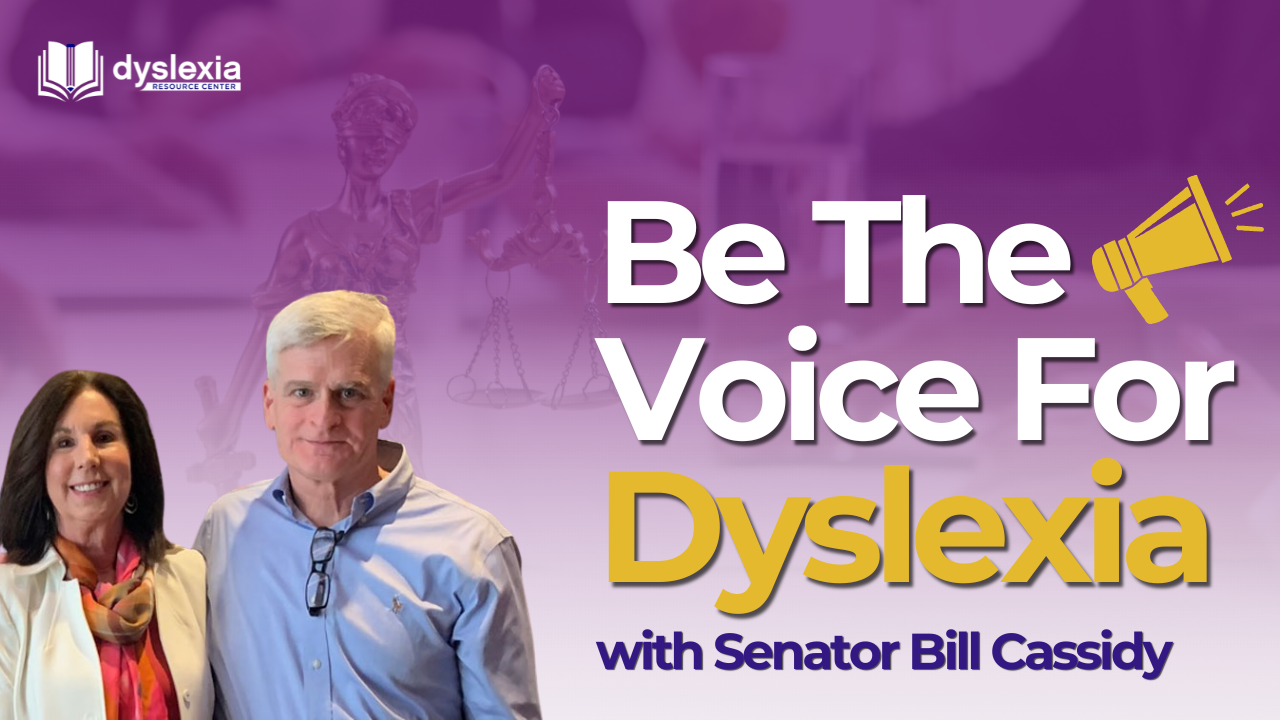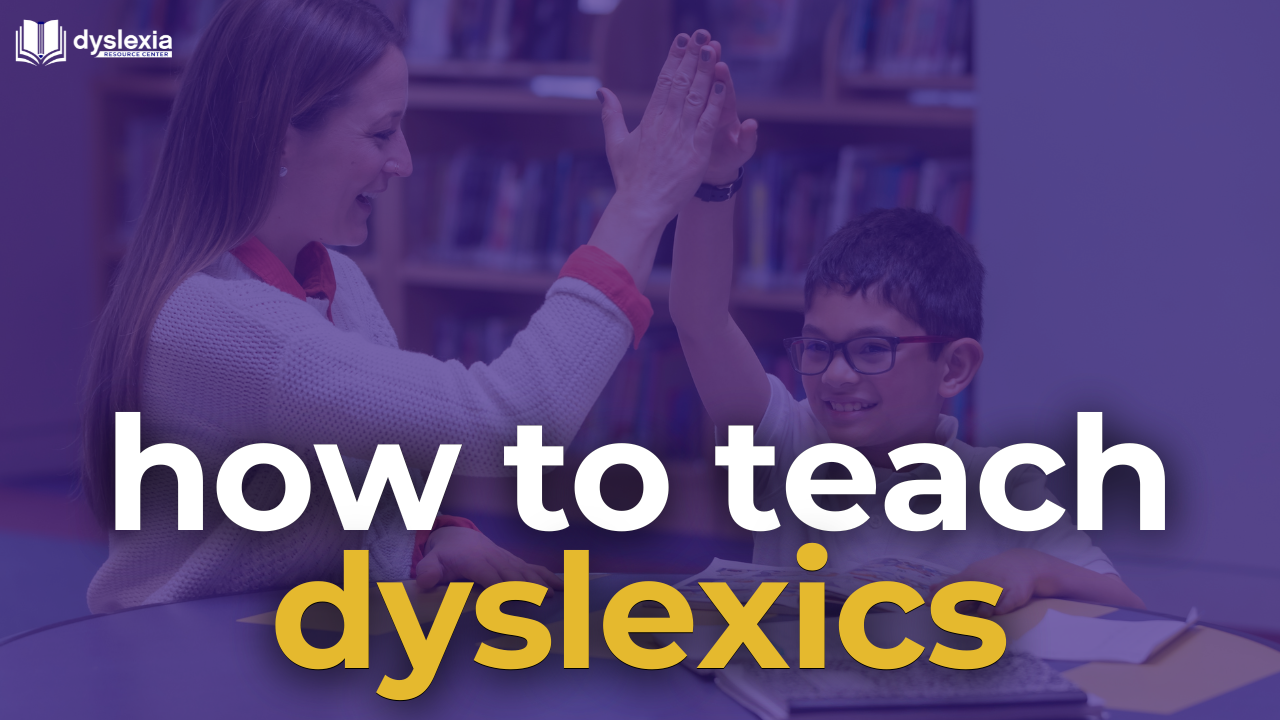How To Advocate For Your Dyslexic Child
Empowering Your Dyslexic Child: A Guide to Effective Advocacy
Do you suspect that your child may be struggling with dyslexia? As a parent, advocating for your dyslexic child is crucial to ensuring they receive the support and resources they need to thrive in school and beyond. Understanding the challenges your child faces and knowing how to navigate the educational system can make a significant difference in their academic journey.
The Importance of Advocacy for Dyslexic Children:
In many schools, struggling students are referred to Response to Intervention (RTI) programs, which aim to provide targeted support and interventions. However, the effectiveness of RTI can vary, and most dyslexic children will not receive the specialized instruction they require within this framework. It's important for parents to be aware of their rights and options when it comes to advocating for their child's educational needs.
The RTI model typically consists of three tiers of intervention. Tier 1 involves additional resources in the classroom, while Tier 2 provides small-group instruction two to three times a week to "catch up" struggling students. If a child continues to struggle in Tier 3, they may be referred for evaluation for Special Education services. However, it's essential to note that most dyslexic children in these tiers do not have a formal diagnosis of dyslexia, which does impact the effectiveness of the interventions provided.

Early Identification and Diagnosis:
Universal screening for dyslexia, such as the Shaywitz Dyslexia Screener, is critical for early identification of at-risk students. Research has shown that the dyslexic deficit is present as early as first grade and does not diminish over time. If your child exhibits signs of dyslexia, it's essential to seek additional testing and evaluation to obtain a clinical diagnosis and ensure they receive appropriate instruction and support.
Once a diagnosis of dyslexia is confirmed, it's imperative that your child receives evidence-based instruction tailored to their specific learning needs. This instruction should not be limited to short-term interventions but should be ongoing and comprehensive. Schools like
Louisiana Key Academy offer specialized programs designed to meet the needs of dyslexic students, emphasizing the importance of early intervention and targeted instruction.

Understanding the Implications of Dyslexia:
Teaching dyslexic children can be challenging, requiring educators to have a deep understanding of the implications of dyslexia across various academic domains. Dyslexia affects not only reading but also writing, spelling, speaking, and math. Early diagnosis and intervention are crucial for preventing long-term academic difficulties and ensuring positive outcomes for dyslexic students.

Accommodations and Support in the Classroom:
In addition to specialized instruction, accommodations are essential to support dyslexic students in the classroom. Longer test-taking times and other accommodations can help level the playing field, but they must be accompanied by high-quality instruction to address the root cause of reading difficulties.
Progress monitoring is another critical component of effective advocacy for dyslexic children. Assessments should measure connected text fluency and provide a comprehensive picture of a child's reading ability. One-time tests or memorization of sight words are not sufficient indicators of reading proficiency and may overlook underlying difficulties.

Empowering Yourself as an Advocate:
As a parent, it's essential to educate yourself about dyslexia so that you can effectively advocate for your child. Understanding the nature of dyslexia, its long-term impact, and available resources and support services will empower you to be a strong advocate for your child's educational needs. Check out our blog for a wealth of resources about dyslexia.
Advocacy involves working collaboratively with educators and school administrators to create a supportive learning environment where your child can thrive academically and reach their full potential.
Conclusion:
Advocating for your dyslexic child requires knowledge, persistence, and a commitment to ensuring they receive the support and resources they need to succeed. By understanding the challenges faced by dyslexic students, seeking early identification and diagnosis, advocating for evidence-based instruction and accommodations, and educating yourself about dyslexia, you can become a powerful advocate for your child's educational needs.
Remember, you are not alone in this journey. Reach out to support groups, connect with other parents of dyslexic children, and stay informed about the latest research and developments in the field of dyslexia. Together, we can empower our dyslexic children to overcome obstacles and achieve their full potential.
